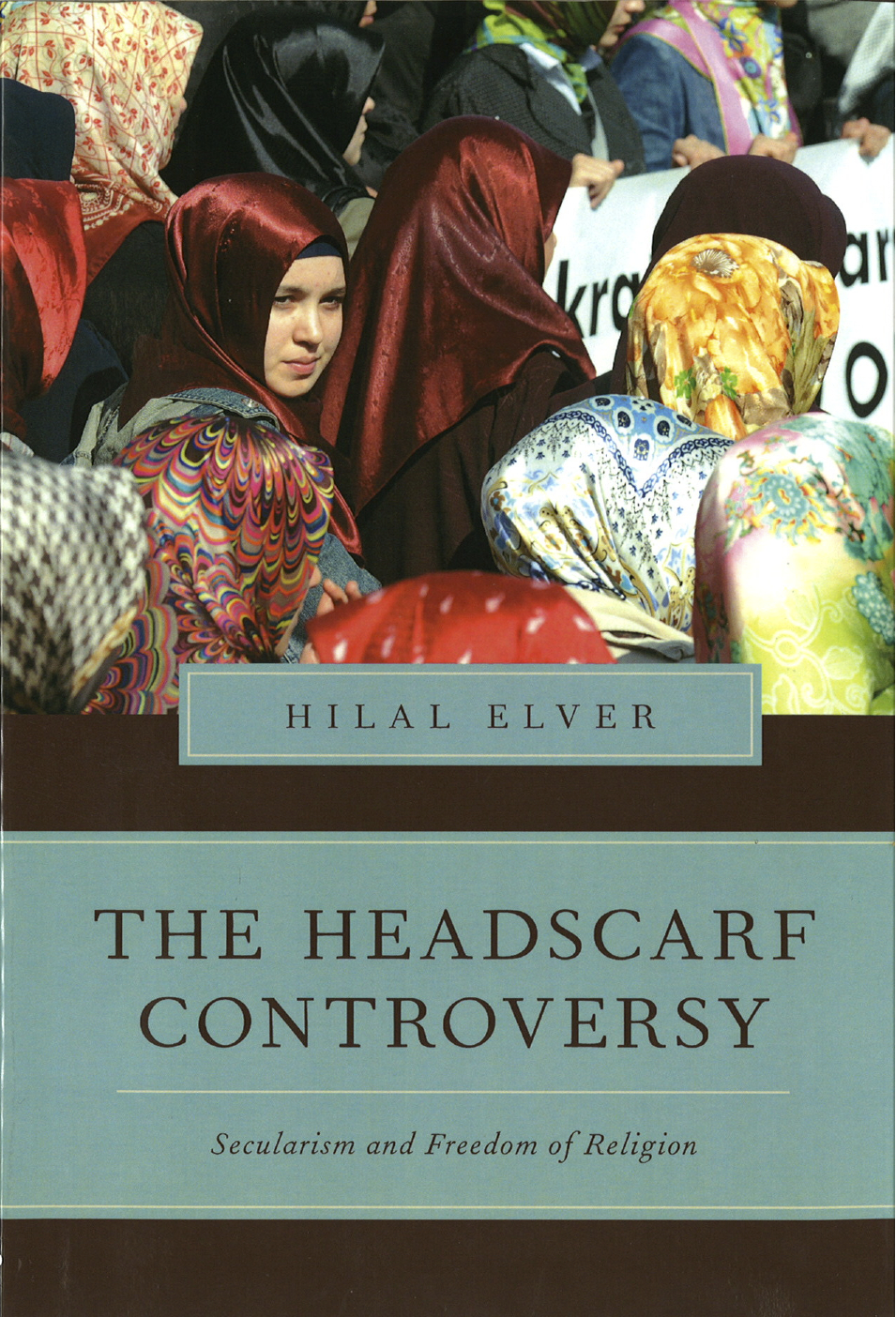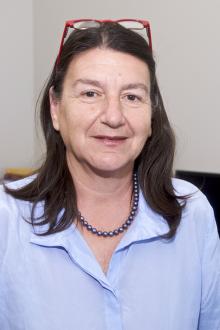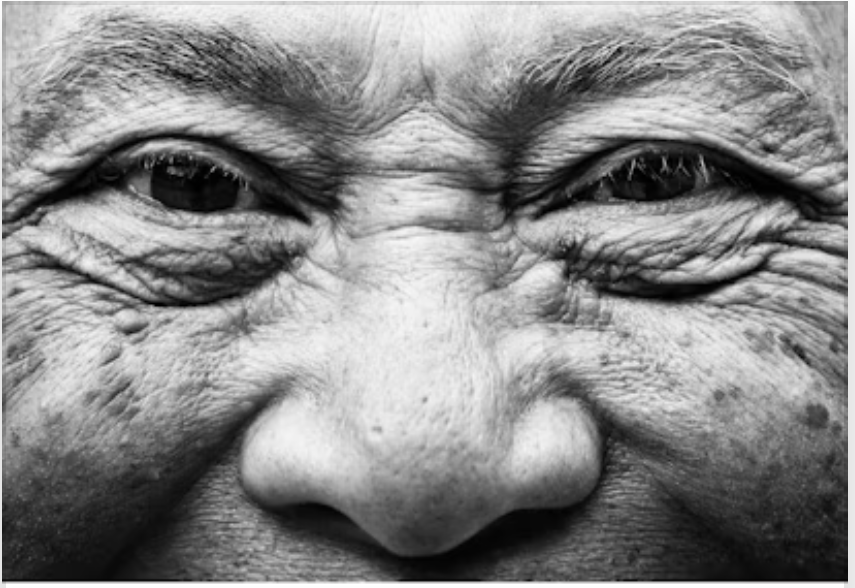
New Book by UCSB Global and International Studies Scholar Examines the Politics of Headscarves

Few articles of clothing have as much significance –– or obvious meaning –– as do the headscarves worn by Muslim women around the world. A headscarf is an outward symbol of a woman's inward devotion to her religion or culture, and one she cannot hide or even minimize. Depending on where she lives, however, her headscarf–– or lack thereof –– can also serve as a shackle.
In her new book, "The Headscarf Controversy: Secularism and Freedom of Religion," Hilal Elver, a research professor in the Department of Global & International Studies at UC Santa Barbara, takes an in-depth look at the growing controversy over the right of Muslim women to wear headscarves in public places. Examining legal and political debates in Turkey, the United States, and France and Germany, among other European countries, Elver shows the troubling exclusion of pious Muslim women from the public sphere in the name of secularism, democracy, liberalism, and women's rights.
"My experience in Turkey in relation to the headscarf is the main reason behind the book," Elver explained. "Turkey is very much a divided society with 99 percent of the population being Muslim. It is a significantly religious society, yet has developed a secular legal order and social structure. My mother was an educated woman, and a devout Muslim, and when I was growing up, I witnessed the difficulty she experienced in trying to fit into the Turkish secular environment."
Later, while teaching in a law school in Ankara, Elver saw the strict implementation of the headscarf ban in universities. "This gave me firsthand contact with how discrimination against devout Muslim women and girls seemed deeply wrong, unjust, and was emotionally disturbing for them," she said. Devout Muslim men, she noted, have no comparable restrictions.
"In Turkey, when women graduate from universities, they can't get jobs in civil service or in public places," Elver continued. "No lawyers, no doctors, no university professors can wear headscarves while they are working. This is an extreme kind of discriminatory rule."
In her book, Elver evaluates political actions and court decisions, from the national level of individual governments to the international sphere of the European Court of Human Rights. She concludes that judges and legislators are increasingly influenced by social pressures concerning immigration and multiculturalism, and by issues such as Islamophobia, the "war on terror," and security concerns. She shows how these influences have resulted in a failure on the part of many Western governments to recognize and protect essential individual freedoms.
"For many women, the headscarf is a way of getting out of their homes to go to school or work," Elver said. "It gives them more freedom because it makes their families much more comfortable. But take away the headscarf, and you take away their freedom. Some women will be restricted by their religious belief; others will be restricted by their husbands or fathers. In either case, they'll be imprisoned in their houses."
Examining the headscarf controversy from the perspective of critical legal theory, Elver argues that law can be used to change underlying social conditions that shape the role of religion, and also the position of women in modern society. "The Headscarf Controversy" demonstrates how changes in law across nations can be used to restore state commitments to human rights.
Related Links



